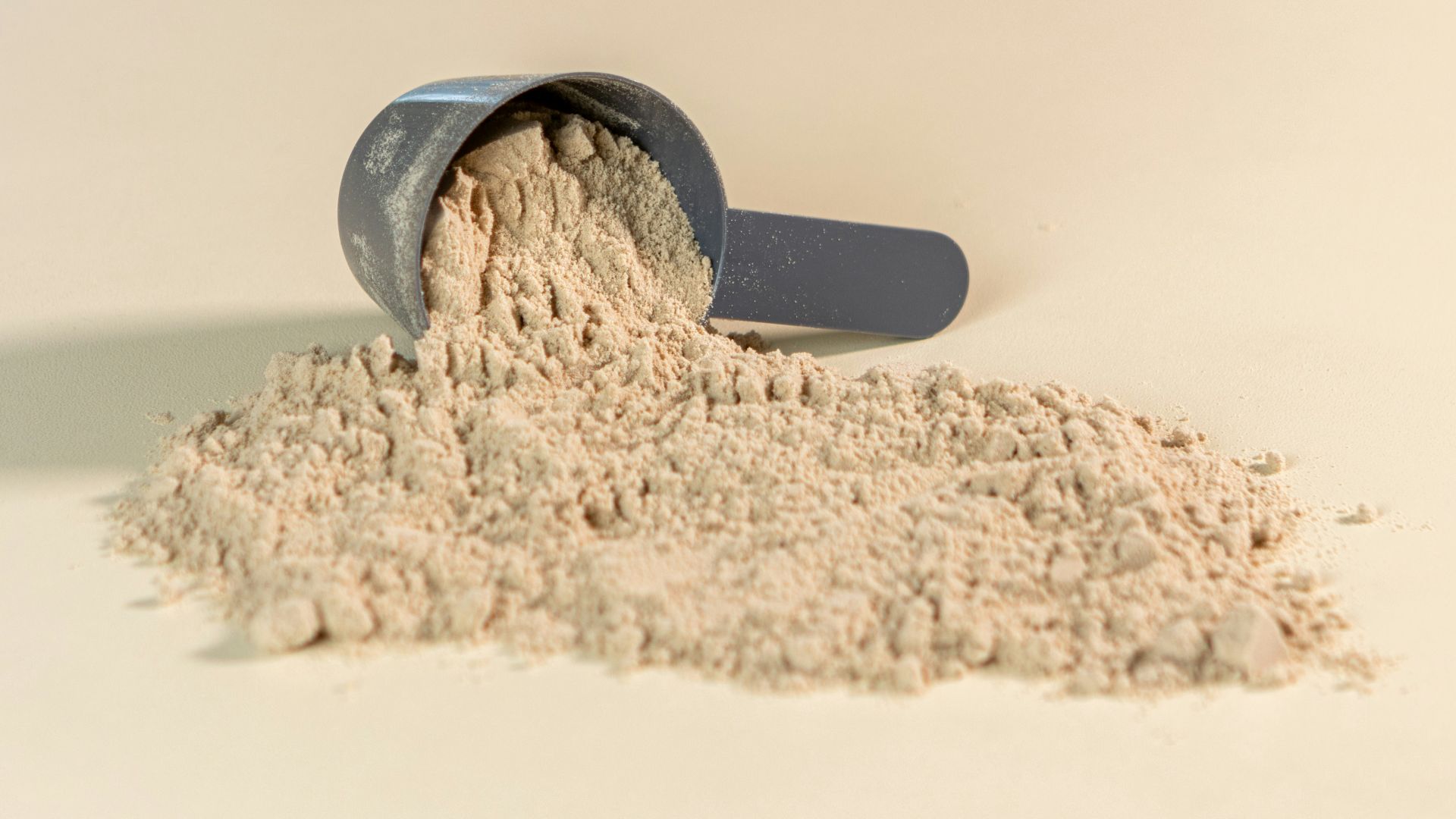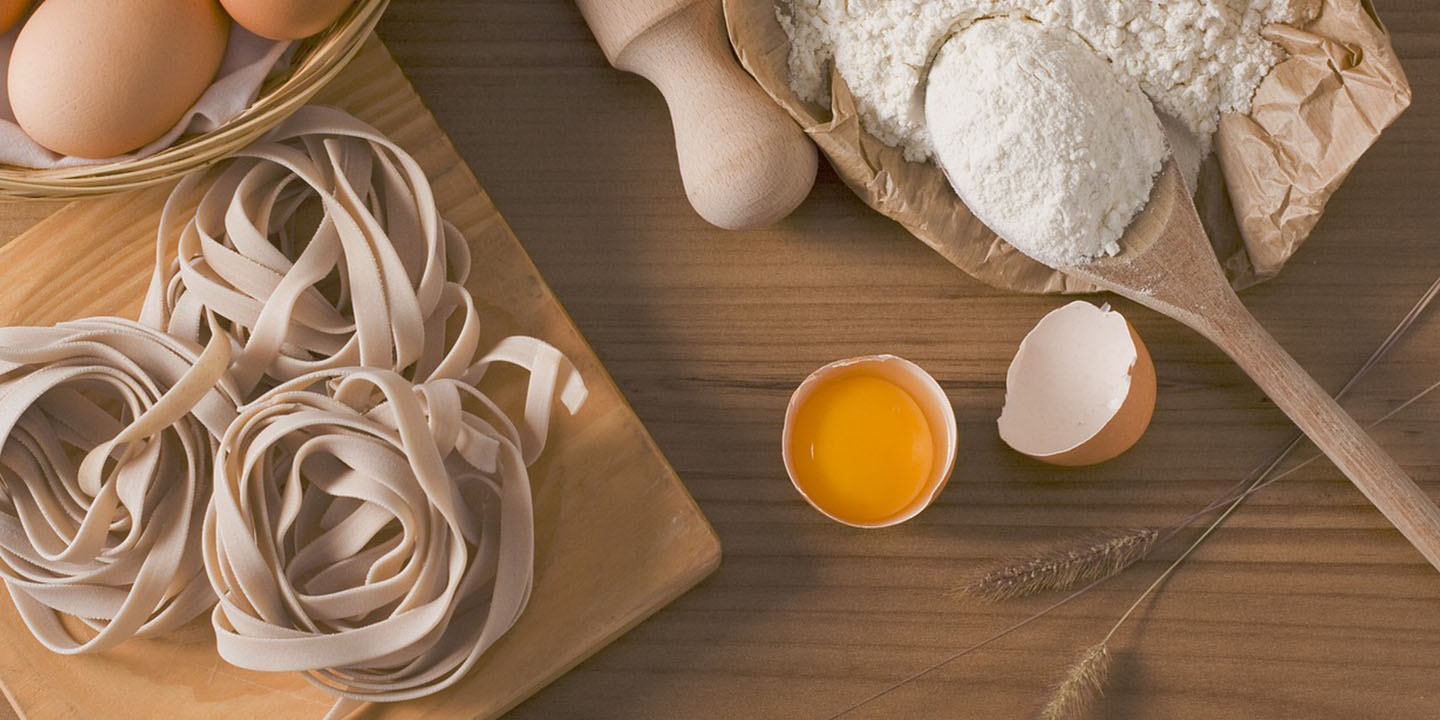Lab Tests Show Your Protein Powder May Contain Lead—Here's How To Choose A Safe One
Lab Tests Show Your Protein Powder May Contain Lead—Here's How To Choose A Safe One
If you take protein powder, it's probably because you think you're doing something healthy for your body. After all, protein makes up the building blocks of muscles, bones, skin, hair, and nails. While you can get enough of it through food, protein powders offer a convenient extra hit, which is especially useful if you're trying to build muscle or have a deficiency.
However, a recent study by Consumer Reports found that certain brands contain trace amounts of heavy metals, including lead, cadmium, and arsenic. But how concerned should you be, and how can you ensure you're choosing your protein powder wisely?
What did the report say?
Consumer Reports found that of the 23 products tested, two-thirds contained more lead than what experts say is safe to consume in one day. In the last 15 years, the popularity of protein supplements has skyrocketed with the increasing emphasis on fitness, but that's not all that's changed. Compared to Consumer Reports' analysis from 2010, the average level of lead in protein powders is higher today, and there are also fewer products with no detectible amounts of lead.
Of the products tested, the plant-based ones were the worst offenders, with some of them containing between 1,200 and 1,600 percent of the experts' level of concern for lead. They contained, on average, nine times more lead than those made with dairy.
Consumer Reports food safety researcher Tunde Akinleye called the results "concerning," adding, "We advise against daily use for most protein powders, since many have high levels of heavy metals, and none are necessary to hit your protein goals."
It's not that companies are adding lead to your protein with the aim of slowly poisoning you—heavy metals occur naturally. They exist in soil and water, which plants absorb. This is why plant-based products contain more.
How to choose a safe one
So how do you choose a safe protein powder? Start by looking for third-party testing. Reputable brands willingly submit their products to independent labs such as NSF International, Informed Choice, or USP. Certifications verify that the product does not contain unsafe levels of contaminants and that what’s on the label matches what’s inside. The best brands make their Certificates of Analysis (COAs) easily accessible online.
Next, consider the type of protein you’re buying. If plant-based proteins contain more lead, opt for whey powders instead. If you're vegan, look for companies that test soil or are organic.
Aside from possible heavy metal exposure, protein powders also tend to contain unhealthy additives, preservatives, and flavors. Many of them contain sugar or other sweeteners, like sucralose or stevia, that may cause bloating or other digestive issues. In dessert-flavored protein powders like "birthday cake" or "chocolate sundae," the ingredient lists tend to be even longer. Avoid protein powders with lengthy ingredient lists.
Why are heavy metals bad?
Consuming too many heavy metals can be harmful because they can disrupt cell functioning when they accumulate in the body. This can cause oxidative stress and serious health issues like organ damage, neurological impairment, and reproductive problems.
While experts from Consumer Reports say there's "no reason to panic" if you've been consuming protein supplements, it may be worth it to reexamine the frequency at which you consume them and your reasoning for taking them in the first place. Ask yourself whether the exposure risk is worth it, especially seeing as most Americans already get more than enough protein in their diet.
In the case of protein powders, Akinleye says that “for many people, there’s more to lose than you’re gaining."
KEEP ON READING

The 5 Most Consumed Foods in the Entire World








